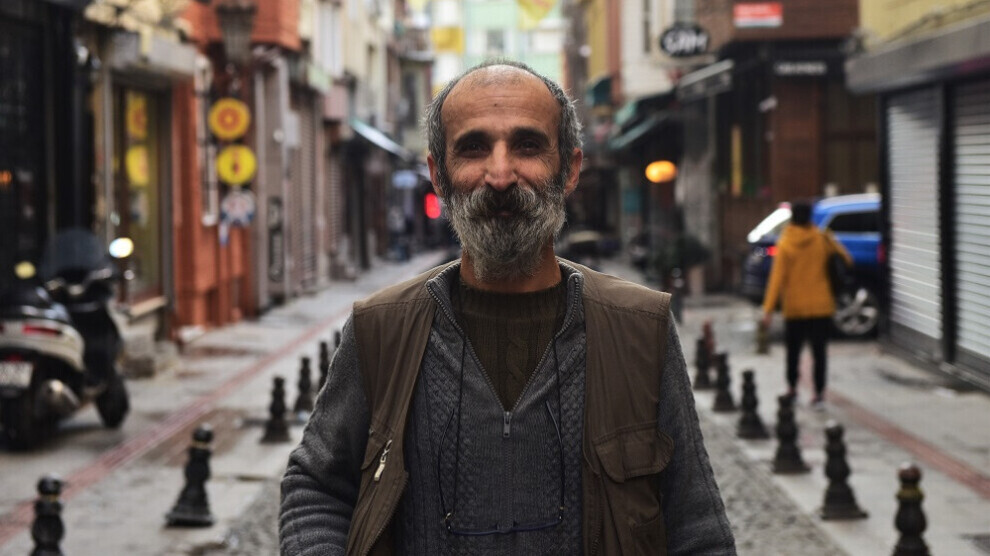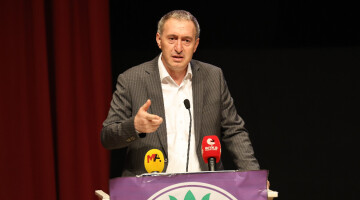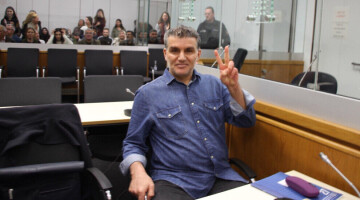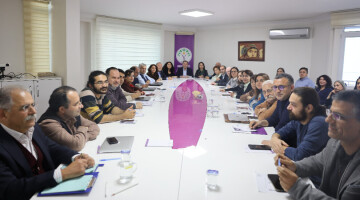In the Kadiköy district of Istanbul, a solidarity network emerged at the beginning of the Coronavirus pandemic that, among other things, distributes hot meals on the street. The food distribution was banned by the Istanbul governor's office in mid-January. Activist Rahim Noz condemns the ban and calls for gyms to be opened to the homeless.
The Solidarity Network was founded in March last year. Rahim Noz explains that it was initially intended only as a shopping aid for people from the at-risk group of senior citizens. Over time, the target group grew larger: homeless people, migrants, children, health workers. When the first curfew was imposed, a commission for hungry people was created and hot meals were started to be served on the streets.
"We have created six or seven commissions within the Solidarity Network that work in different areas. There is a sports council, and a commission distributes toys and books for children. Our goal was to promote solidarity among people, as opposed to charity logic. For example, we provided masks and protective clothing for workers in the health sector. This work was not limited to Istanbul; we sent materials to state hospitals in seven provinces of Turkey," Noz explains.
Number of volunteers rises from 25 to 3,000
Along with the recent pandemic restrictions, the network has distributed food packages to those in need. The need is great, as many people have lost their income. Among others, paper collectors and migrant workers are provided with food. Noz tells that the solidarity has met with a great response from society. In the last ten months, the number of contributors in Kadiköy alone has increased from 25 to 3000. This work has had an effect in other cities as well, and similar initiatives have been founded in many places.
People die of hunger and cold
The network has been looking for spaces to feed the homeless for the winter. Instead of providing rooms, the governor banned food distribution on the street. "One day after the ban, Sami Babacan, who was living on the street in Kadiköy, froze to death. Instead of banning the distribution of hot meals, gyms should be opened," Rahim Noz demands.
Attack on the social culture of solidarity
The food is cooked by volunteers in apartments and hygienically packaged for later distribution on the street. Rahim Noz remarks that the distribution continues despite the nonsensical ban. After the death of Sami Babacan, the network initiated a campaign on the Internet for the accommodation of homeless people in sports halls. "Where are the authorities when people die on the streets from hunger and cold?" asks Noz, adding; "The ban is openly directed against the culture of solidarity in society. In the pandemic, people are supposed to keep their distance and become strangers to each other. Against this, we have woven a solidarity network. We will continue to expand this. We can keep our distance and still bring our social relations to a higher level. The ban is meant to distance people from each other, but we will definitely continue to hand out food in the evenings and show solidarity with those who need solidarity."












